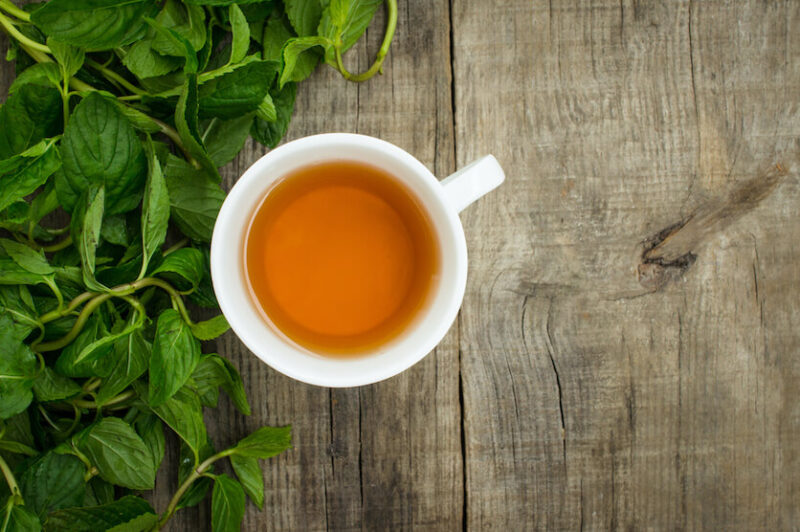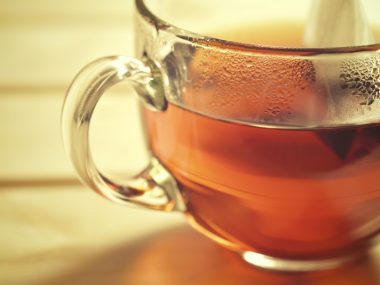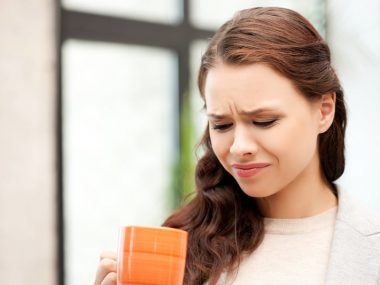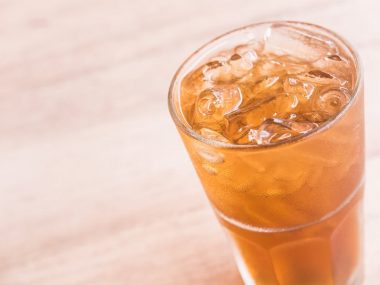You’re going to be surprised to find out just how long tea really does last. What most of us thought was “expired” isn’t bad at all. Who knows, reading this article may end up saving someone the expense of buying more tea.
Table of Contents
When Does the Tea Expire? An Explainer
Simply put, tea never expires. However, tea packaging has a “Best By” or “Use By” date. A lot of us get the impression that the date stamped on the package means the tea is no longer good after the date and is thus, expired. “Best By” and “Use By” dates are guidelines that indicate tea is past the point of peak freshness and flavor. Once that date passes, the tea’s flavor and nutritional benefits begin to grow weaker.
According to the Food Marketing Institute, “code dates” serve as a guide to help retailers and consumers know whether or not a food product is past freshness. David Fikes, VP Consumer/Community Affairs & Communication, Food Marketing Institute, states,
“A ‘sell-by’ date is geared toward the retailer. While it’s okay for the consumer to see that date, it’s more for stocking purposes.“
The average tea consumer most likely doesn’t know what the shelf life of tea is because of the ambiguous code dates. Code dates are those you see on food packaging that advises retailers (and consumers) what date is considered past-fresh. How do we know how long we can continue to drink that tea after the “Best By” or “Use By” date?
The Shelf-Life Of Tea
It stands to reason that tea, like any other consumptive item, has a limited window to be considered worthy of drinking. There are varying theories on just how long loose leaf and tea bags retain enough quality to be consumed.
How Long Can You Drink Tea After Expiration Date?
There’s no “expiration” date on tea because it doesn’t expire. Tea can still be consumed after the “Best By” or “Use By” date.
The USDA Foodkeeper Data reports that tea can remain drinkable for up to three years.
- Tea Bags
- Unopened: lasts 18-36 months
- Opened: lasts 6-12 months
- Loose Leaf Tea
- Unopened: lasts 2 years
- Opened: lasts 6-12 months
The Food Marketing Institute shows tea lasting up to 18 months.
- Tea Bags
- Unopened (after code date): last 1 year
- Opened: lasts 18 months
- Loose Leaf Tea
- Unopened (after code date): last 2 years
- Opened: lasts 6-12 months
Factors That Affect Tea Freshness
So, just how long does loose tea stay fresh? Great question! There’s no definitive answer because for a tea to begin losing quality, there are several factors to consider.
- The type of tea it is.
- How the tea was processed.
- The type of packaging used for the tea.
- The length of time between leaving the processing plant until it reaches retailers/consumers.
- How the tea is stored by retailers/consumers.
Ironically, buying tea (regardless of origin, type, grade, processing, etc.) is similar to buying a brand new car. The moment you drive that car off the car lot, it depreciates in value and continues to do so daily. Tea begins to lose quality the minute it leaves the processing plant and continues to do so until it finally reaches a point where it provides little to no value in taste or health benefits.
Degradation Of The Different Types Of Teas Over Time
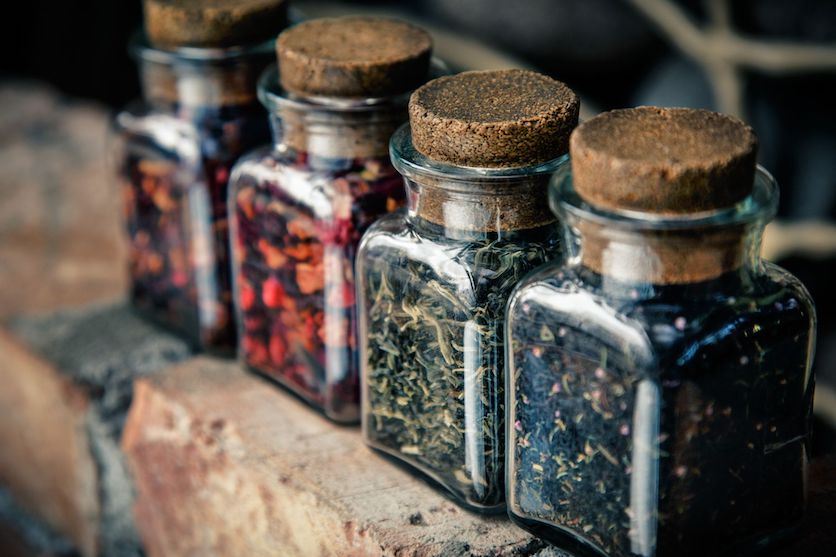
One of the tea’s greatest enemies is time. If tea were only like wine becoming better with age; however, with tea, it’s the opposite. Tea is at its best for a limited amount of time, as indicated by those code dates that we perceive to be expiration dates.
Teas that last the longest are:
- Fermented
- Dried
- Whole or broken leaf
Shelf Life Of Various Types Of Tea
Fermented teas last much longer than unfermented tea.
- Highest Fermented: Pu-erh (longest shelf life)
- Highly Fermented: Black (long shelf life)
- Unfermented: Oolong, Green, White (shorter shelf life)
Why Pu-erh Tea Has The Longest Shelf Life
The oxidation and degradation of pu-erh tea are desired because it causes phytochemicals to form, which is responsible for the intense earthy flavor and probiotic benefits tea drinkers seek in this type of tea. According to “Tufts Now” (Tufts University), the older this tea gets, the better it gets.
The Problem With Residual Moisture In Some Green Tea
Green tea‘s short shelf life not only comes from a lack of fermentation but also because of the residual moisture content in some green tea. Unfortunately, there are some unethical practices (according to the Specialty Tea Association) in the tea trade where some green teas are bulked up with moisture to fetch more money. Likewise, a tea processing plant may not have the technology to detect the desired moisture or dryness of tea leaves before going to market.
Residual moisture in green tea leaves causes the leaves to weigh more (compared to the ethically processed dried green tea leaves.) This processing conundrum causes finished tea leaves to oxidize and eventually develop mold or bacterial growth.
If you happen to purchase green loose leaf tea that passed through such a processing faux pa, your tea will have a very short shelf life of only six months at best. This is why it’s important to source your teas from a highly reputable retailer or tea plantation.
The Problem With Excessive Dryness
On the other end of the processing spectrum relative to residual moisture in green tea, some tea makers go too far in drying the tea leaves because of deceptive practices or lack of proper equipment. The excessively dried leaves literally have the life sucked right out of them, leading to a shorter shelf life.
Shelf Life Of Various Forms Of Tea
Processing greatly affects how long a tea will last.
- Dried Whole Leaf: longest shelf life
- Dried Broken Leaf: longer shelf life
- Fannings: shorter shelf life
- Dust: shortest shelf life
Loose leaf tea contains whole and/or broken leaves and is your best bet when it comes to selecting a tea that will have a longer shelf life. Teabags have the shortest shelf life because they are typically made from fannings and dust. Teabags are highly prone to absorbing moisture and are at higher risk of developing mold.
Tea Bags vs. Loose Leaf Tea Expiration Time
Whether you enjoy loose leaf tea or tea made from tea bags, both will have a “Best By” or “Use By” date. However, you are most likely wondering which stays fresh longer. Do tea bags expire, or does loose leaf tea ever go bad?
Well, as we mentioned earlier, tea doesn’t expire. Regardless of the form of tea (bag or loose), it doesn’t go bad (if stored correctly) but rather diminishes in flavor along with health benefits. A more humorous way to describe tea way past the “Best By” or “Use By” date is like drinking soggy rag water.
There is a way to extend the quality of your tea. Don’t let the impending “soggy rag water” cause you to resort to throwing out your tea because if you store your tea correctly as soon as you purchase it, you can completely ignore that date on the packaging!
Proper Storage Extends The Life Of Your Tea
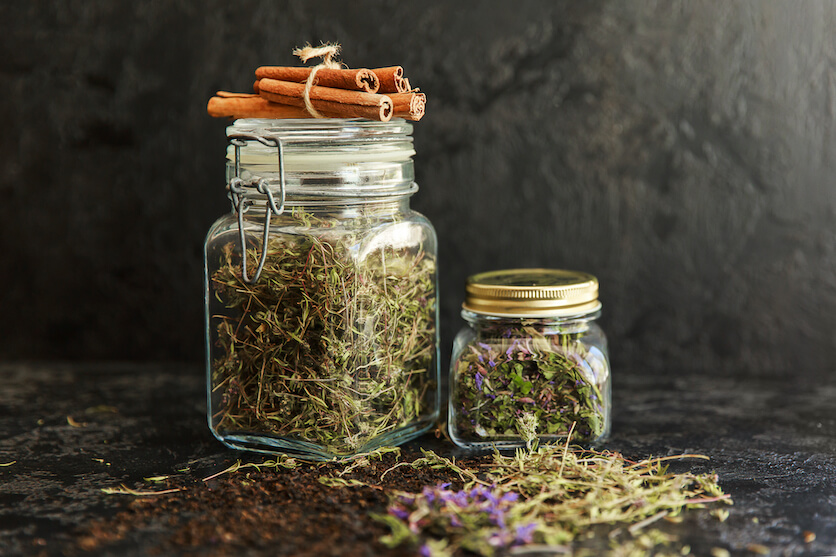
Time is, of course, the number one enemy of tea, but so are light, oxygen, and humidity. Many of us go to great lengths to find new exotic loose leaf teas to try. Those teas often don’t come cheap. Buying a small batch (4 oz.) of black loose leaf tea from a local tea shop at $18.00 comes to $4.50 per ounce.
Now, do you really want to take that expensive tea and shove the open bag back on the shelf to store? That’s what we thought. There are ways to properly store your tea shop indulgences.
| Bad | Good |
|
|
Can You Drink Expired Tea?
Because we have “expired” mindsets when it comes to seeing a date on tea packaging, we are going to refer to tea past the peak of freshness (“Best By” or “Use By” date) as “expired,” although technically, tea never expires. It just can taste differently, but it’s still okay to drink.
What Does Expired Tea Taste Like?
It’s difficult to say what tea past the “Best By” or “Use By” date tastes like. It depends on what type of tea it is, how old it is, and how it has been stored. We can tell you that the older tea is, the flavor grows weaker. Some old teas can have a downright pungent taste that will be something you may not forget. Both taste and aroma won’t be comparable to what a cup of fresh tea tasted like. If stored correctly, it may still taste acceptable.
Does Expired Tea Still Provide Benefits?
A lot of tea drinkers are dying to know the answer to this one! Catechins are a phytochemical present in tea that is responsible for numerous health benefits. When stored tea comes into repeated contact with oxygen, humidity, light, and temperature fluctuations, those catechins begin to decrease.
Green tea, for example, gets exposed to the air, light, etc., every time a tea drinker goes to make a cup of tea. The Food Research International published results on a study conducted called “Green Tea Catechins During Food Processing and Storage: A Review On Stability and Detection,” which noted how dated green tea benefits degraded.
According to the study, fresh tea leaves contain the highest concentration of catechins (which are responsible for the health benefits found in green tea.) Tea leaves that have been processed, packaged, and stored were closely tested.
The levels of catechins began to decrease within six months after the tea was purchased and taken home. Green tea properly stored at home showed a reduction of 28% in one specific catechin, whereas another catechin decreased by 51%. Flavanols (another beneficial constituent in green tea) decreased in the same green tea stored at home by 32%.
So, in essence, the study confirms tea has a limited window in which it provides health benefits. As to exactly what that window is, there’s no answer because further research must be done.
Can Expired Tea Make You Sick?

There isn’t any scientific data or substantial information noting that tea past the “Best By” or “Use By” date causes any harmful side effects for humans. However, if moldy or bacteria-ridden tea, in this case, was consumed, it may cause transient digestive upset.
What Can You Do With Expired Tea?
Once your tea loses quality in flavor, it’s time to repurpose it in creative ways. Here are several ideas about what you can do with expired tea:
- Exfoliate: crumble the loose leaf tea into smaller bits and add to your favorite body soap to use as a scrub.
- Compost: add to an existing compost pile to make the ground more fertile.
- Try a herbal bath: add to a tub of warm water for a nice leisure soak.
- Use tea for dying woolens: use old tea bags to dye wool fabric for primitive rug hookers to purchase from you (it’s a big moneymaker on Etsy.com)
- Make a tea party banner: string up old tea bags on a long piece of twine as a decorative banner.
No More “Old Tea’s Not For More Me!”
Now you have a solid answer to an age-old question, “How long does tea last?” Remember to look past the “expired” date on your tea because it still has quite a bit of shelf life left. If we only knew now, what we should have known back when we tossed out that expensive tea we thought was expired.
